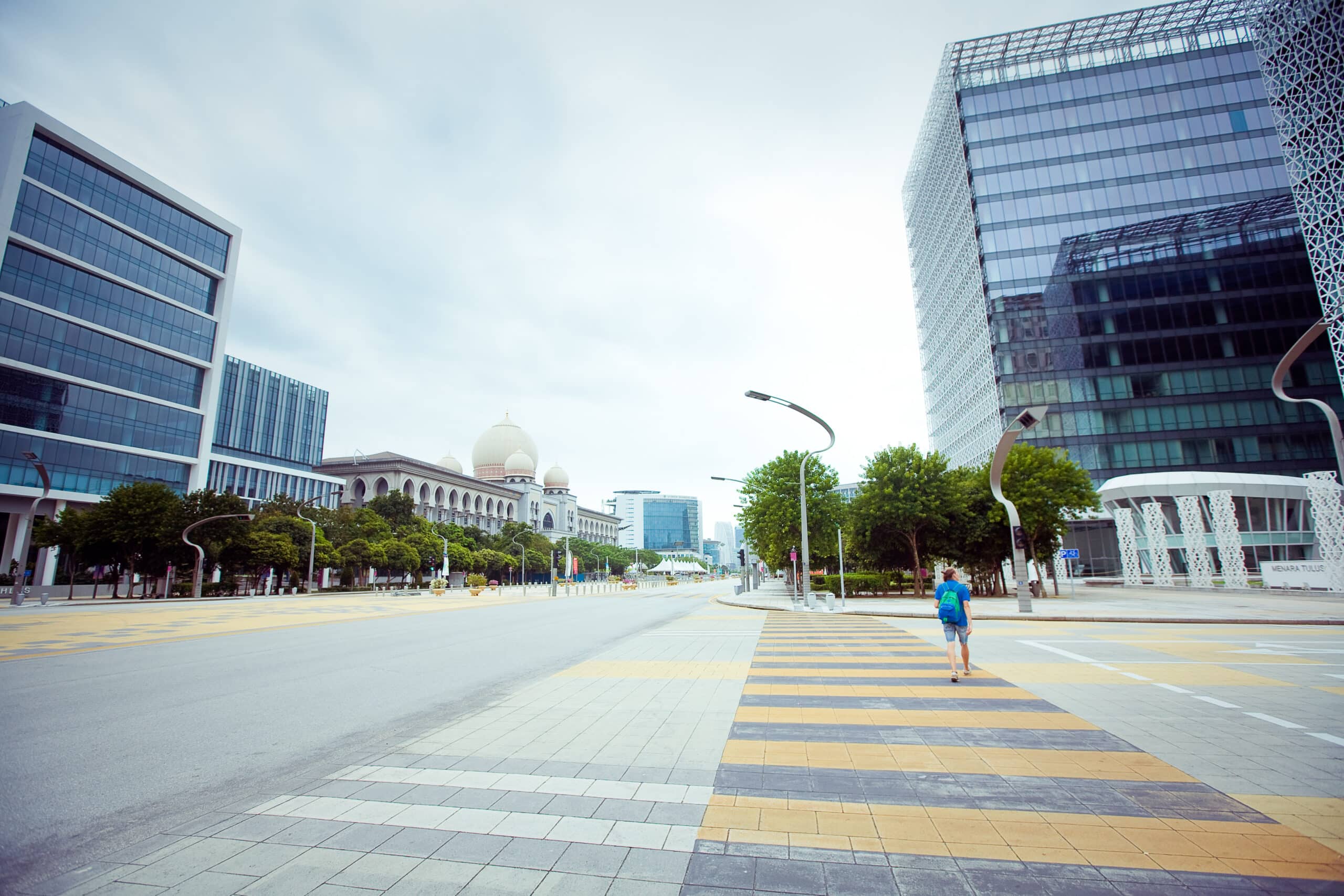In the wake of the economic and human costs of the COVID-19 pandemic and governments’ responses to the virus, researchers have tried to evaluate the effectiveness of restrictive countermeasures that were enacted by administrations across the globe. Some argue that these measures, particularly lockdowns, did little to stop or suppress COVID-19, while others attest to the efficacy of swift, broad restrictions.

Covid Consequences
In early 2020, many governments responded to the novel coronavirus outbreaks by locking down their countries or imposing restrictions on their citizens. Such restrictions included the cancellation of public events, the closing of schools, and general stay-at-home orders, among other tactics.
The objective at this stage was to prevent surging cases that would overload medical personnel and infrastructure. By this measure, the policies were effective in that they likely reduced what could have been catastrophic spikes in infections. Though successful in reducing case totals, restrictions of this sort and scale brought negative consequences on citizens.
Be it voluntary or mandatory, ordinary peoples’ opportunities and quality of life were impacted by social distancing. Isolation impacted the mental and physical wellbeing of citizens, while the closure of facilities brought unemployment and impeded students’ academic development.
In the wake of the initial COVID-19 response, criticism of heavy-handed social restrictions gained traction. As subsequent COVID-19 waves reintroduced the topic of tightening legally enforced countermeasures into public and academic discourses, proponents of further restrictions found it more difficult to pitch their proposed policies.
Reverse Divination
Opposition to COVID-related restrictions brought such policies under scrutiny. Lockdowns especially drew attention as researchers questioned their efficacy. Studies like the since retracted paper from Ricardo Savaris and colleagues at the Federal University of Rio Grande do Sul in Porto Alegre, Brazil, sought to evaluate the effectiveness of restrictive policies. The study compared anonymized cellphone data from dozens of pairs of cities from around the world with the aim to discern if lower rates of fatalities caused by COVID-19 correlated with spending more time at home. The research did not support this correlation in most cases.
This paper was retracted by its publisher, Scientific Reports, over questions about the researchers’ methods, but the lockdown debate was far from settled. University of Edinburgh epidemiologist, Mark Woolhouse, an advisor to the Scottish government during the pandemic, has since speculated that an approach targeting only vulnerable populations could have been implemented to defeat COVID-19.
Though the restrictive measures implemented by governments in the initial waves of the pandemic were facing increasing skepticism, the academic consensus remained in favor of these policies. Research that attempted to demonstrate the effectiveness of the lockdowns by calculating the number of lives saved by such measures had mixed results. Furthermore, the estimates were based on the assumption that people would not socially distance on their own in the face of rising case or death totals.
Proponents both for and against lockdowns, or similar policies, face the same problem, which is that they often argue their perspectives based on a what-if scenario. Determining what would have happened without restrictive measures is extremely difficult to achieve through objective means. Most countries enacted some form of social restrictions, which means there is no control group by which the majority of the world’s governments can be judged. Furthermore, it is not easy to compare the types of lockdowns seen in different countries. Assessing changes in restrictions over time complicates matters even further.
Lessons from the Pandemic
According to case and death totals, restrictive policies worked, in the beginning at least. Proactive governments saw better results in the first months of the pandemic. Harsh restrictions suppressed COVID-19, and results were often better the earlier these restrictions were implemented. However, the benefits of locking down were more difficult to justify when weighing negative side effects.
To determine which policies were most helpful, a team led by data scientist Peter Klimek sought to rank the types of measures taken by governments. Their study ranked numerous policies and found that the most effective measures were banning small gatherings, closing businesses and schools, border restrictions, and national lockdowns.
Indeed, the scientific consensus seems to be that restrictions on social contact were the best way to fight COVID-19. As evidenced by the initial success of strict control in China, Australia, and New Zealand, a narrow window of opportunity existed in which countries could “eliminate” the virus. Key lessons for future public health crises are for administrations to be more transparent about the policy-making process and to guard against the fact that closures and restrictions exacerbate existing inequalities in society and hit people living in poverty the hardest.
Did you enjoy this blog post? Check out our other blog posts as well as related topics on our Webinar page.
QPS is a GLP- and GCP-compliant contract research organization (CRO) delivering the highest grade of discovery, preclinical and clinical drug research development services. Since 1995, it has grown from a tiny bioanalysis shop to a full-service CRO with 1,100+ employees in the U.S., Europe and Asia. Today, QPS offers expanded pharmaceutical contract R&D services with special expertise in neuropharmacology, DMPK, toxicology, bioanalysis, translational medicine and clinical development. An award-winning leader focused on bioanalytics and clinical trials, QPS is known for proven quality standards, technical expertise, a flexible approach to research, client satisfaction and turnkey laboratories and facilities. Through continual enhancements in capacities and resources, QPS stands tall in its commitment to delivering superior quality, skilled performance and trusted service to its valued customers. For more information, visit www.qps.com or email info@qps.com.







